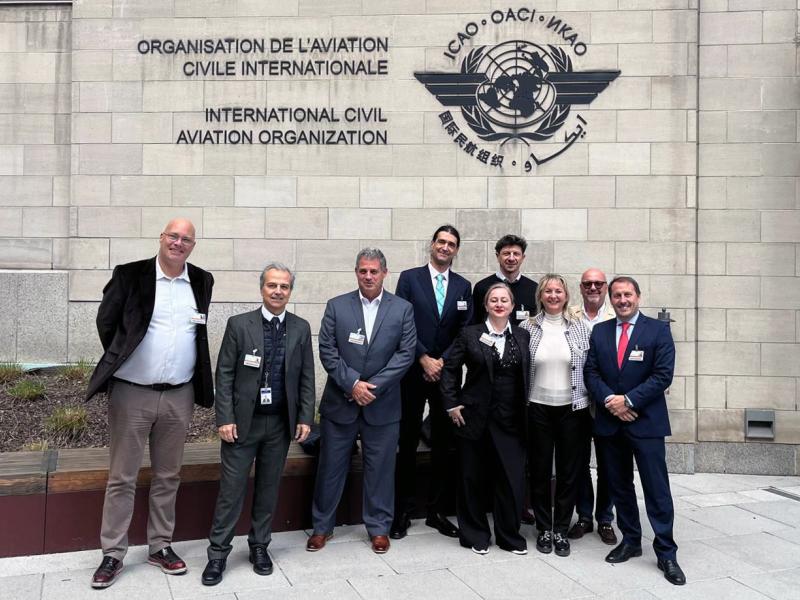On the 16-17 October 2019, representatives from the International Transport Workers’ Federation (ITF) attended a hearing at the Canadian Industrial Labor Relations Board (CIRB) regarding the right to strike at the Port of Montreal, Canada.
The case that was brought forth by the Maritime Employers Association (MEA) against ITF Dockers affiliates, CUPE 375 and ILA 1657, is trying to infringe on the dockers right to take legal industrial action.
ITF President Paddy Crumlin and representatives from ver.di (Germany), International Longshoremen’s Association (USA), International Longshore and Warehouse Union Canada, 3F (Denmark), Swedish Transport Workers’ Union (Sweden) and the ITF Dockers’ Section attended the hearing to show support and solidarity for our Canadian sisters and brothers in this crucial case.
{"preview_thumbnail":"/sites/default/files/styles/video_embed_wysiwyg_preview/public/video_thumbnails/dg_uq6YoMtc.jpg?itok=-EYEJIhm","video_url":"https://youtu.be/dg_uq6YoMtc","settings":{"responsive":1,"width":"854","height":"480","autoplay":0},"settings_summary":["Embedded Video (Responsive)."]}
The ITF’s strong and diverse delegation highlights the significance this case has, not only for dockers in Canada, but for all workers globally.
MEA is attempting to weaken and restrict the dockers’ fundamental right to strike by claiming that their work is an “essential service” and if dockers were to strike it could jeopardise public health and safety.
This is another outrageous and unfounded attack on workers’ fundamental human right, the right to strike.
CUPE 375, represented by attorney Marie Christine Morin, and ILA 1657, represented by attorney Ron Pink, presented strong arguments against MEA’s allegations and demonstrated that their real concern is the financial impact a strike would have on their business.
The ITF Executive Board pledges all necessary resources in support of CUPE 375, ILA 1657 and all Canadian dockers, to resolve this matter and protect the right to strike – which is fundamental human right - as clearly and objectively stated by Mr. Maina Kiai, the former UN Special Rapporteur on freedom of peaceful assembly and of association on 9 March 2017:
“The right to strike is also an intrinsic corollary of the fundamental right of freedom of association. It is crucial for millions of women and men around the world to assert collectively their rights in the workplace, including the right to just and favourable conditions of work, and to work in dignity and without fear of intimidation and persecution. Moreover, protest action in relation to government social and economic policy, and against negative corporate practices, forms part of the basic civil liberties whose respect is essential for the meaningful exercise of trade union rights. This right enables them to engage with companies and governments on a more equal footing, and Member States have a positive obligation to protect this right, and a negative obligation not to interfere with its exercise.
Moreover, protecting the right to strike is not simply about States fulfilling their legal obligations. It is also about them creating democratic and equitable societies that are sustainable in the long run. The concentration of power in one sector – whether in the hands of government or business – inevitably leads to the erosion of democracy, and an increase in inequalities and marginalization with all their attendant consequences. The right to strike is a check on this concentration of power.
I deplore the various attempts made to erode the right to strike at national and multilateral levels.”



